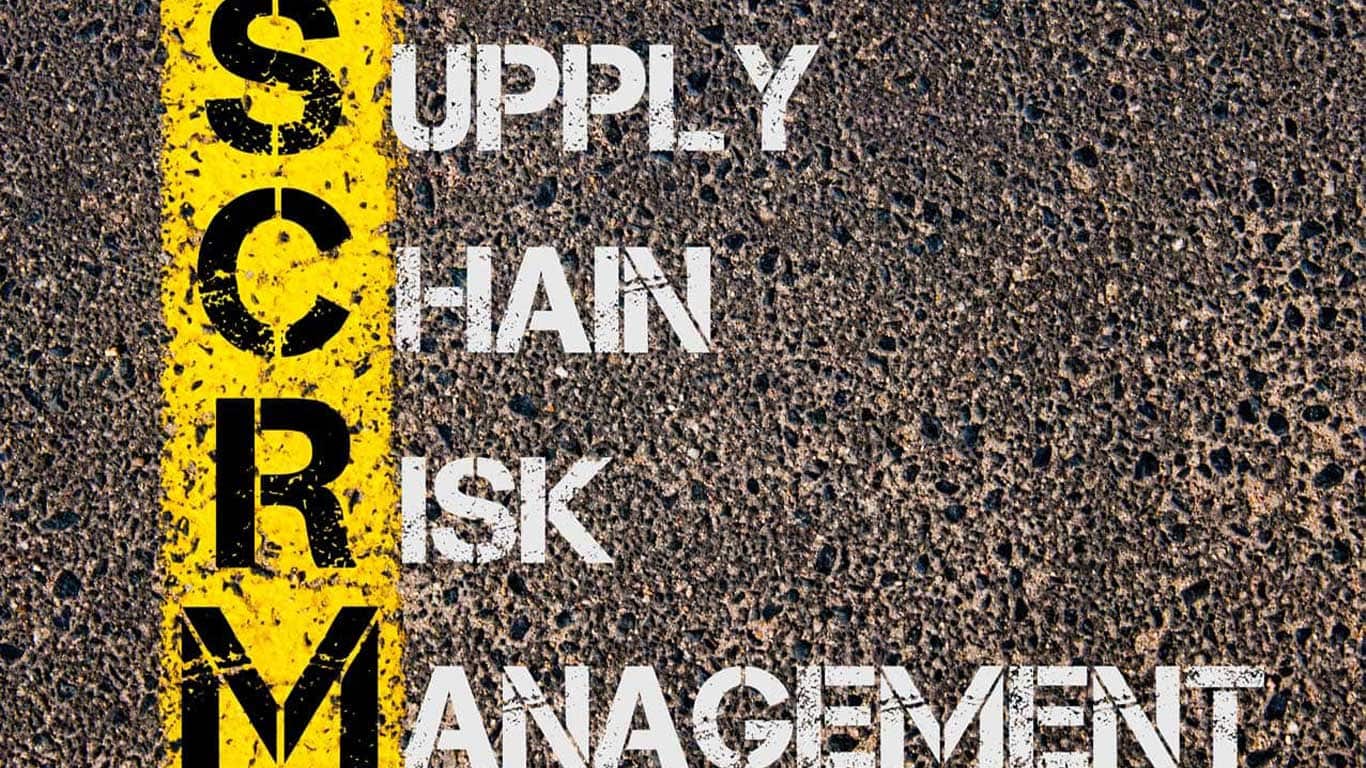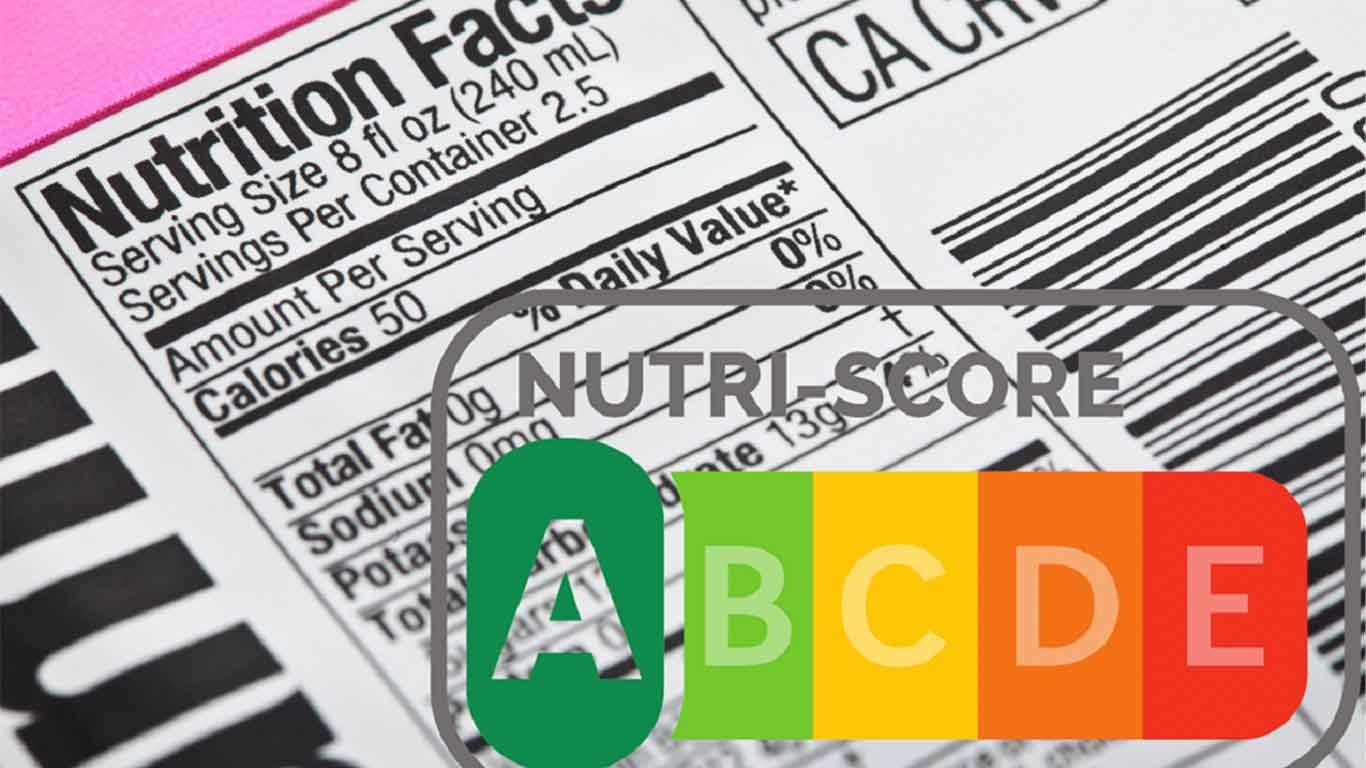Move over chat bots. AI has countless applications besides taking humans out of the equation with sales and marketing conversations. While ecommerce is getting all of the AI attention from tech media, the food and beverage industry is quietly employing more AI every month: more applications, more use cases, more manufacturers and brands jumping on board, more startups entering the scene.
As we’ve covered before, there are many different applications of AI within the food and beverage industry:
Free E-Book
11 reasons to switch to SaaS for PLM & Supply Chain Management
- Supply chain risk management
- Demand forecasting
- Warehouse and inventory management
- Automated procurement
- Quality assurance
- Removing language barriers with suppliers
- Driverless vehicles in warehouses
- Customer visibility and consumer insights
In this post, we’re going to dive deeper into the application of AI for risk management of the supply chain, specifically.
What is the supply chain?
The supply chain refers to the entire network that comes together to produce a product: not just the supplier companies and the ingredients they provide, but also the systems and processes utilized by the manufacturer, and the people who work in supply chain management.
In all, the supply chain is commonly understood to involve and include:
- Suppliers and supplier relationships
- Ingredients and materials
- Locations and ports
- Supply chain software and systems
- Supply chains processes and standards
- Supply chain employees and roles
The supply chain primarily refers to the individual network that comes together to create a single product, but when we talk about the global supply chain, things get even more complicated, because we’re talking about the world’s food supply and how that gets affected.
In essence, a company needs to not only protect their own profits and prevent product waste, but should also ensure the minimal amount of waste to the food supply for the sake of consumers, who deserve to buy the products they need at their normal prices — not inflated prices caused by negligence. This is especially true during times of global hardship.
What is risk management for the supply chain?
Risk management for the supply chain means the practices and systems put in place to reduce the risk of issues, failures, and waste in the supply chain.
All tiers and elements of the supply chain (supplier interactions, port and delivery issues, completed product delivery) should be taken care of.
This means that a cohesive supply chain risk management strategy doesn’t only take into account what the supplier is in control of (delivering quality ingredients on time), but also factors that the supplier isn’t in control of, such as delays due to inclement weather, strikes, or shutdowns.
For that reason, supply chain risk management is extraordinarily complicated. Fortunately, AI is growing in its capacity to help, and its utilization.
How does AI improve risk management for the supply chain?
So, how can AI actually make risk management a little bit easy to achieve? Let’s explore. But first, a few quick definitions of the underlying technology that is being used by software providers and leading manufacturers.
- Artificial intelligence – Artificial intelligence is the ability of a computer program to analyze data and come to its own conclusions. Subfields of this technology include vision, robotics, natural language processing, and machine learning. While Hollywood might have us always applying human features and voices to AI, the fact is that this technology simply refers to the ability to make independent decisions, and robotics is an added layer.
- Machine learning – Machine learning is a subfield of artificial intelligence, in which the computer program is able to learn and improve upon itself without being explicitly programmed to make those exact improvements.
Both types of technology are being utilized by food and beverage companies to improve their capacity for risk management of the supply chain, and it’s important to remember that AI includes machine learning as a subset.
Below are the top ways that AI is powering risk management:
Supply chain planning
The most common way that AI is currently being used in supply chain risk management is in the planning phase.
AI can help make decisions on what to order and when based on:
- Forecasted demand
- Live product orders
- Presumed response time and deliverability of the supplier ingredients
- Warehousing space
AI can help speed up the human calculations and decision making process so that there’s no guessing when it comes to supply chain planning.
Detecting potential risks
AI can also help detect potential risks to ingredients and products that human workers might not yet be aware of. For example, if there is a known recall of lettuce in a certain area, the AI platform can alert supply chain managers to check on ingredients coming from that area and determine if any other product might be affected.
More accurately identifying at-risk products
When there are known issues with the supply chain, AI can help dampen the fallout. With product recalls costing hundreds of thousands to millions of dollars, it’s important to prioritize public safety while also recalling the minimal amount of product as possible.
AI can accurate make decisions on what items to recall based on where they were manufactured and with what exact ingredients (from which suppliers), so that less product has to go to waste. By recalling individual products and not entire product lines, companies can also hope to experience less consumer backlash because they can speak with the right distributors directly, instead of announcing the issue to all distributors.
Predictions on delivery disruptions
AI can also be used to predict issues with delivery. This could be for deliveries from a supplier to a manufacturer, and also from a manufacturer to a warehouse, distributor, or retailer. The benefit of predicting delivery disruptions is simply optimizing the supply chain. How can you prevent holdups? Do alternative plans need to be made? How can free up space if backups are causing issues? None of these questions can be answered in a timely manner if you’re not able to predict disruptions before they occur.
Where AI for supply chain risk management needs improvement
“The resurgence of Artificial Intelligence (AI) has led to the investigation of machine learning techniques and their applicability in supply chain risk management. However, most works focus on prediction performance and neglect the importance of interpretability so that results can be understood by supply chain practitioners, helping them make decisions that can mitigate or prevent risks from occurring,” write scholars George Baryannis, SamirDani, Grigoris Antoniou.
In other words, current development work in AI for the supply chain is focusing too heavily on predictions and not enough on utilization or interpretation.
What good is AI if supply chain professionals can’t utilize it?
This is why the next frontier of AI (and probably the hardest and most important) isn’t about the machine learning algorithms or predictions, but rather about the synergy between the technology and AI.
Making AI more useful is already growing in many industries, such as marketing, ecommerce, and retail, but it is still lagging behind in the food and beverage industry.
For the foreseeable decade, there will be huge growth potential with software companies that use AI to produce insights that are easy to interpret and act upon.
Technology that helps you utilize AI for supply chain management
The global market for artificial intelligence for the supply chain is expected to grow 45.3% from 2019 to an estimated $21.8 billion by 2027.
There are already some AI startups and big players on the market that you can explore to learn more about your options for implementing AI at your company.
- Echo is a transportation management system that helps you optimize your transportation and logistics so that your supply chain can have streamlined operations. Better control over outgoing shipments can make it easier to plan and make space for inbound shipments.
- Havi is a startup company that offers predictive analytics for the supply chain. Currently acting as a service as opposed to a software provider, the startup does utilize AI in their services to manufacturers. The company offers analytics, packaging, sourcing, supply chain and logistics to help customers address all sorts of supply chain issues. They deliver decision making analysis as well as ongoing management services.
- C3 is an enterprise AI software provider with multiple industry applications, including food and beverage manufacturing. One of the company’s core outcomes promised by their platform is helping to reduce the amount of unnecessary inventory stock, thus reducing costs, improving cash flow, and minimizing the risk of wasting or liquidating products. The company also offers physical sensors in order to detect issues and malfunctions with equipment, which can drastically reduce supply chain issues by fixing faulty equipment faster and reducing product waste.
- Coyote uses predictive analytics, AI, and machine learning to help shippers predict supply-chain problems and delays in advance of the issues actually taking place. This helps ensure that shipments arrive on time, as alternate plans can be made if necessary. While Coyote still operates under its own brand, it was acquired by UPS for utilization by the company and to offer the solution to other carriers and to manufacturers.
The supply chain will always be an extraordinarily complex network to perform risk management on. With the help of AI, risk management professionals can come to important decisions faster.
SpecPage is a SaaS PLM that enables product innovators to save time, mitigate risk, and work from anywhere.




